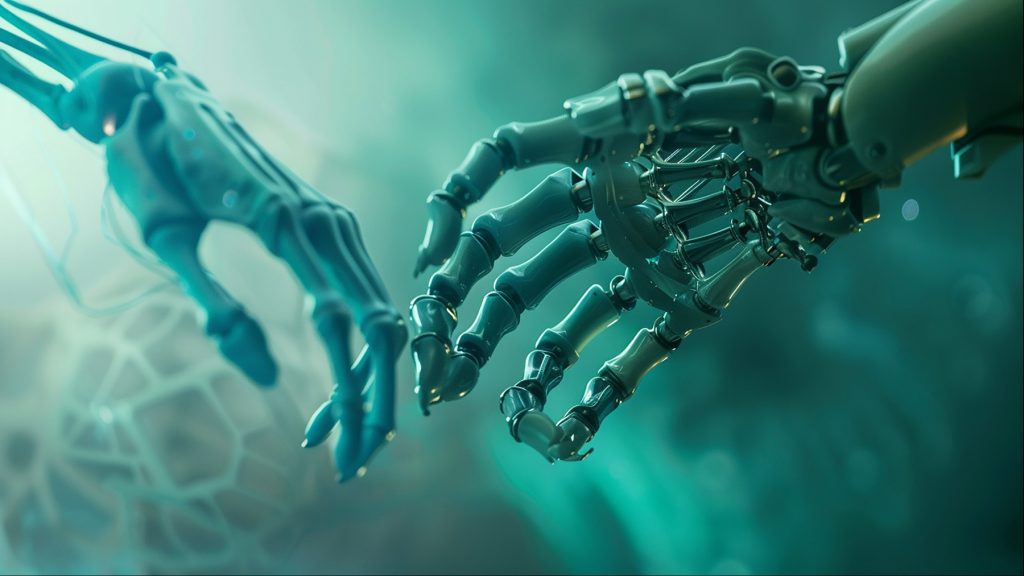
Samsung Electronics is ready to launch its latest Family Care service in June, in support of elderly care, through AI-powered connected devices.
The service will be accessible through Samsung’s SmartThings platform and promises continuous updates to enhance its functionality.
An alarm on your Galaxy smartphone might state, “No movements have been detected from your parents’ house this entire morning, which is unusual.” This alert triggers a camera-equipped robot vacuum to navigate the house, checking on your parents’ well-being. This is a glimpse into the capabilities of Samsung’s upcoming Family Care service.
Lim continued to state that “Family Care service is our initial step to cement Samsung Electronics‘ leadership in AI products and solutions by assisting seniors.”
SmartThings slows for the monitoring and control of TVs, refrigerators, water purifiers, induction devices, and smartphones of elderly family members by their offspring, with consent. The AI technology analyzes the user’s lifestyle patterns and sends alerts if irregularities are detected.
The implementation of AI in homes by Samsung in their Family Care service is a great innovation, yet at the same time, it could be extremely worrying. This AI implementation could be dangerous in a way that might weaken family ties. As humans, when we rely on technology to control the temperature of our elderly relatives’ rooms and monitor their TV, the likelihood of visiting them in our fast-paced world could drop to zero. Our love language would change and become reliant on technology.
Have We Officially Lost It?
By now, it might be fair to say that humanity has finally lost its ethical limitations. Technology is making us lose it. As humans, we already tend to be indecisive, and this often prevents us from making the right decisions. The involvement of technology is restructuring our society, especially when it comes to death. Death is one of humanity’s greatest challenges, and we’ve always sought ways to overcome it. From the search for the Fountain of Youth to cryogenics, people are obsessed with longevity.
Although AI might offer a new path, companies are starting to digitize people’s life histories, opinions, speech, and appearances, creating digital clones that ‘live’ on. While this isn’t true immortality, it’s a step beyond photos and videos.
Advancements in brain-computer interfaces (BCI) and bio-inspired AI could one day let us copy parts of a person’s consciousness into a digital system. Although, early forms of digital immortality are slowly coming together.
Tech giants like Microsoft have patented chatbots that mimic the deceased. In China, a woman tested an AI that recreated her late friend. VR and the metaverse will make these interactions even more realistic.
David Palmer, CPO of PairPoint, suggests this could transform how we remember the dead, making digital interactions a new form of memorial.
However, a study from the University of Cambridge warns that realistic AI chatbots could complicate the grieving process, potentially leading to emotional harm. There are concerns about data misuse, the rights of the deceased, and unpredictable AI behavior.
A shift in the dynamics of our societies is taking place, and technology is not only responsible for it but so are we for allowing it to have this much control over us. Cherish you elders and loved ones and don’t rely on Family Care service and when you can visit them, do not wait till death knocks so you can generate them.
Inside Telecom provides you with an extensive list of content covering all aspects of the tech industry. Keep an eye on our Tech sections to stay informed and up-to-date with our daily articles.